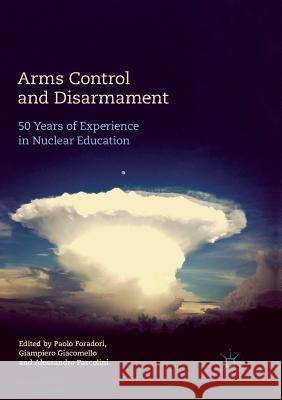Arms Control and Disarmament: 50 Years of Experience in Nuclear Education » książka
topmenu
Arms Control and Disarmament: 50 Years of Experience in Nuclear Education
ISBN-13: 9783319872735 / Angielski / Miękka / 2018 / 371 str.
Kategorie BISAC:
Wydawca:
Palgrave MacMillan
Język:
Angielski
ISBN-13:
9783319872735
Rok wydania:
2018
Wydanie:
Softcover Repri
Ilość stron:
371
Waga:
0.47 kg
Wymiary:
21.01 x 14.81 x 2.08
Oprawa:
Miękka
Wolumenów:
01
Dodatkowe informacje:
Wydanie ilustrowane











